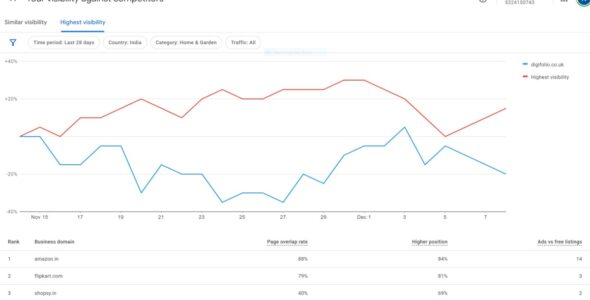Data-Driven Real Estate Decisions: A Guide for Investors
The real estate market is a complex and ever-changing one. In order to make informed investment decisions, it is important to have access to data. Data-driven real estate investing is the process of using data to analyze market trends, identify undervalued properties, and make better investment decisions.
There are many different types of data that can be used for data-driven real estate investing. Some of the most important data sources include:
- Property listings data: This data can be used to track prices, trends, and availability of properties in a given market.
- Demographic data: This data can be used to understand the population of a given area, including age, income, and education levels.
- Economic data: This data can be used to track economic conditions, such as interest rates, unemployment, and inflation.
- Traffic data: This data can be used to understand the foot traffic in a given area, which can be a good indicator of demand for real estate.
- Social media data: This data can be used to track conversations about real estate in a given area, which can provide insights into market sentiment.
Once you have gathered the necessary data, you can use it to analyze market trends and identify undervalued properties. There are many different tools and techniques that can be used for data analysis, such as:
- Statistical analysis: This can be used to identify patterns and trends in the data.
- Machine learning: This can be used to develop models that can predict future trends.
- Geospatial analysis: This can be used to visualize data and identify relationships between different variables.
By using data-driven analysis, you can make more informed investment decisions and increase your chances of success in the real estate market.
Here are some specific steps you can take to make data-driven real estate decisions:
- Define your investment goals. What are you hoping to achieve with your real estate investment? Are you looking to generate passive income, build equity, or both? Once you know your goals, you can start to gather the data that is most relevant to you.
- Identify your target market. Who are you hoping to sell your property to? Once you know your target market, you can start to analyze data about their demographics, income, and lifestyle habits. This information can help you choose the right location for your investment and price your property accordingly.
- Track market trends. The real estate market is constantly changing, so it is important to stay up-to-date on the latest trends. This information can help you identify undervalued properties and make better investment decisions.
- Use data analytics tools. There are many different tools and techniques that can be used for data analysis. Choose the tools that are right for you and your needs.
- Consult with a real estate expert. A real estate expert can help you interpret the data and make informed investment decisions.
By following these steps, you can use data to make more informed real estate decisions and increase your chances of success.
Here are some additional tips for data-driven real estate investors:
- Be patient. It takes time to gather and analyze data, so don’t expect to make quick decisions.
- Be consistent. Make it a habit to track market trends and analyze data on a regular basis.
- Be open to feedback. Get feedback from other investors and real estate professionals to help you validate your findings.
- Be flexible. The real estate market is unpredictable, so be prepared to adjust your investment strategy as needed.
By following these tips, you can become a more data-driven real estate investor and make better investment decisions.





